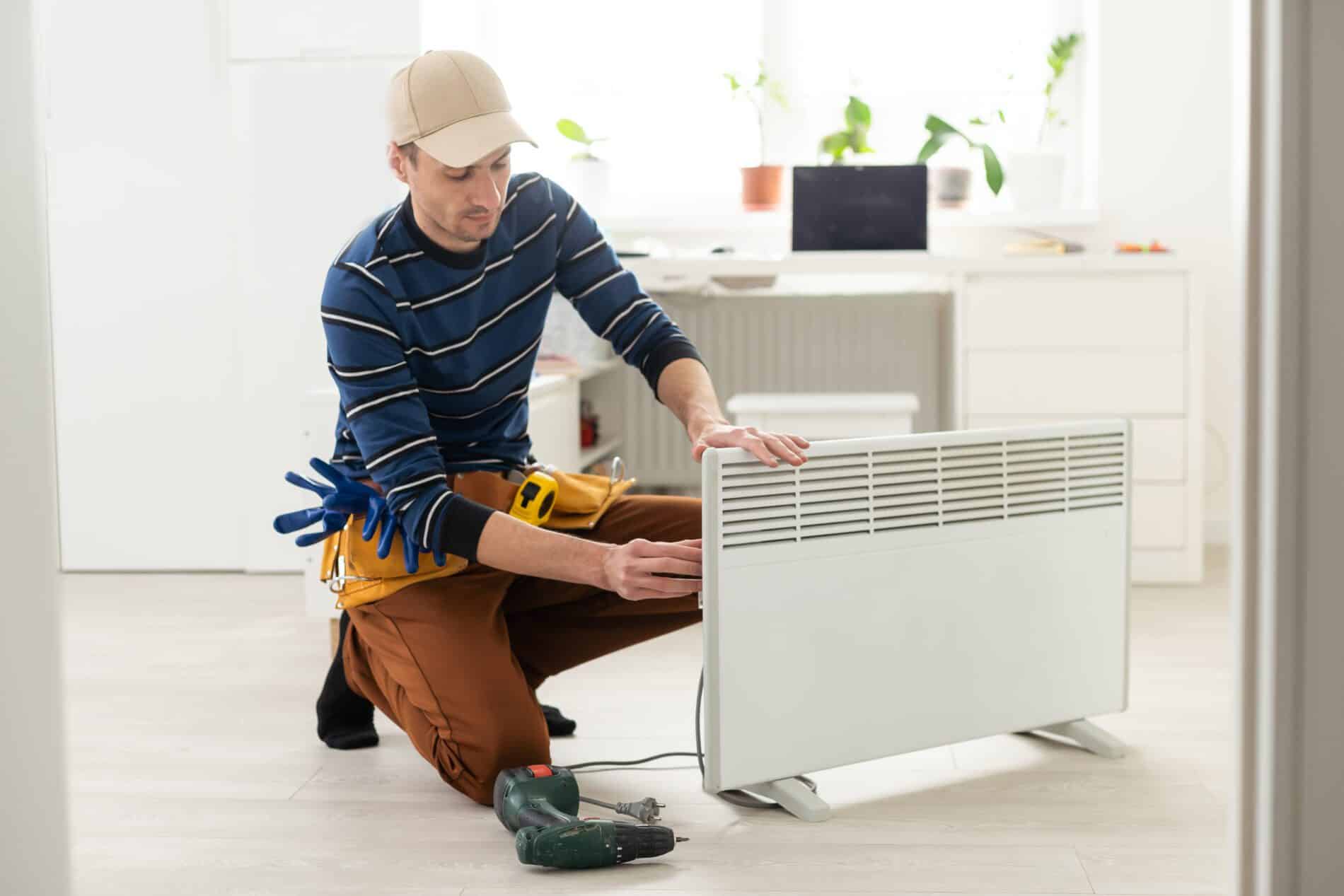Understanding Heater Problems And Solutions
Understanding Heater Problems And Solutions
Blog Article
What are your thoughts on Common Problems with Your Home Water Heater?

Envision beginning your day without your regular hot shower. That currently establishes a bad tone for the rest of your day.
Every residence requires a reliable water heater, yet only a few know how to handle one. One very easy means to maintain your hot water heater in top shape is to check for mistakes consistently as well as fix them as quickly as they show up.
Keep in mind to switch off your water heater before sniffing around for faults. These are the hot water heater faults you are probably to experience.
Water as well hot or too chilly
Every hot water heater has a thermostat that identifies how warm the water obtains. If the water coming into your home is also warm regardless of setting a practical optimum temperature level, your thermostat may be damaged.
On the other hand, as well cold water might be because of a failed thermostat, a broken circuit, or improper gas circulation. For instance, if you utilize a gas water heater with a broken pilot burner, you would get cold water, even if the thermostat remains in ideal problem. For electric heating units, a blown fuse may be the perpetrator.
Insufficient hot water
Hot water heater been available in several dimensions, depending on your hot water demands. If you lack warm water prior to everybody has had a bath, your hot water heater is too little for your family size. You ought to take into consideration installing a bigger hot water heater storage tank or going with a tankless water heater, which takes up much less space as well as is a lot more durable.
Weird noises
There are at the very least five type of noises you can hear from a hot water heater, yet the most usual interpretation is that it's time for the water heater to retire.
To start with, you ought to be familiar with the typical sounds a hot water heater makes. An electrical heating unit may appear different from a gas-powered one.
Standing out or banging audios typically mean there is a piece of sediment in your containers, as well as it's time to clean it out. On the other hand, whistling or hissing audios might simply be your shutoffs allowing some stress off.
Water leakages
Leaks might come from pipelines, water connections, shutoffs, or in the worst-case situation, the storage tank itself. Gradually, water will certainly wear away the storage tank, as well as locate its way out. If this happens, you require to replace your water heater asap.
Nevertheless, before your change your entire tank, make sure that all pipes remain in place which each valve works flawlessly. If you still need aid recognizing a leakage, call your plumber.
Rust-colored water
Rust-colored water implies one of your hot water heater parts is corroded. It could be the anode rod, or the tank itself. Your plumber will certainly have the ability to determine which it is.
Warm water
Regardless of how high you set the thermostat, you will not get any kind of warm water out of a heating unit well past its prime. A water heater's effectiveness may reduce with time.
You will likewise obtain lukewarm water if your pipelines have a cross link. This indicates that when you switch on a faucet, warm water from the heating unit moves in along with regular, cold water. A cross connection is simple to area. If your warm water taps still run after closing the hot water heater valves, you have a cross connection.
Discoloured Water
Corrosion is a significant cause of dirty or discoloured water. Deterioration within the water storage tank or a falling short anode pole can trigger this discolouration. The anode rod safeguards the storage tank from rusting on the within as well as should be checked annual. Without a rod or a correctly operating anode rod, the warm water quickly corrodes inside the tank. Get in touch with a professional hot water heater professional to establish if changing the anode rod will certainly take care of the trouble; if not, replace your water heater.
Final thought
Ideally, your water heater can last 10 years before you require an adjustment. Nonetheless, after the 10-year mark, you may experience any of these faults more consistently. At this moment, you need to include a new water heater to your budget plan.
How To Troubleshoot 3 Common Water Heater Problems in Twin Cities
The Water Heater Is Leaking
A leaky cold water inlet valve A loose pipe fitting A leaky temperature and pressure relief valve A corroded anode rod A cracked tank Turn Off Your Water Heater:
Shut off your gas water heater by turning the gas valve on the unit to the “OFF” position. Shut off your electric water by switching its power off at your electrical panel. Look for a two-pole breaker labeled “water heater” and turn it to the “OFF” position. Move the ball valve connected to the water heater to be perpendicular to the piping at a 90° angle. Look for the Leak:
Depending on whether the water is coming from the tank's top or bottom, you’ll want to look for the leak in different locations.
If the leak comes from the top of the tank, carefully look for water escaping from the cold water inlet valve or loose pipe fittings. Rusted hot and cold water valves can have loose connections with the tank, with water leaking out of them.
https://mspplumbingheatingair.com/blog/how-to-troubleshoot-3-common-water-heater-problems
We were made aware of that editorial on Common Problems with Tank Water Heaters through an associate on another web page. Those who enjoyed reading our article if you please don't forget to pass it around. I treasure reading our article about Common Problems with Tank Water Heaters.
Emergency plumbing? Choose the best. Report this page